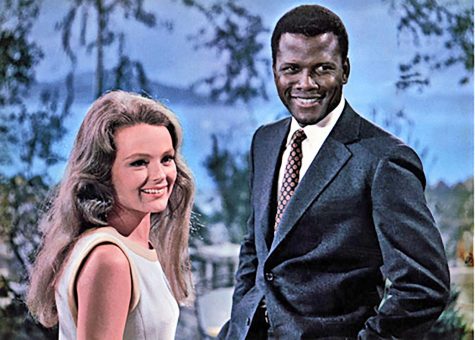Take sides on Twilight Saga: New Moon
She said:
I am a Twilight fan. Four times, I have gotten lost in Forks, Washington, entangled in the love story between Edward Cullen and Bella Swan and, in the case of “New Moon,” Jacob Black.
The bottom line is that Stephenie Meyer has created an intriguing world that many fans long to be apart of. The characters hold qualities that make them relatable and interesting, yet they are distant from our own reality. The books are entertaining, exciting and simply heart wrenching. Therefore, it isn’t surprising that millions flocked to see “The Twilight Saga: New Moon.”
I may be a fan of the book, but I do not like the movies. As I sat in the theater awaiting “New Moon,” I wasn’t expecting it to be life changing or philosophical. Sadly, I did expect the book to come to life on the screen in front of me. This was not the case.
It is evident that Edward Cullen and Bella Swan are completely different people from Kristen Stewart and Robert Pattinson. I myself was so enveloped by their awkwardness and inability to act that I became really, truly frustrated.
He is solemn, broody, and unrealistic. She, on the other hand, has the same expression for every emotion and must take a deep breath before she says each line. Maybe she’s thinking about how to play a different character from the last five movies she was in?
Regardless, I was emotionally unattached from their attempts at passion – mistaking such emotion for deep breathing- and realized that the only thing painful about their supposed undying love for each other was that I had to endure it for another hour.
However, the movie finally started to improve after Bella is left in the woods and Edward thankfully departs to some unknown place. But apart from the excellent soundtrack playing in the background, I was once again thoroughly disappointed to find that a scene that made me cry for about 50 pages in the book didn’t even evoke one single tear.
Bella, in all her helplessness, then begins to hang out with Jacob Black, perfectly portrayed by a surprisingly good actor, Taylor Lautner. His performance is so excellent and he evokes so much sympathy for Jacob that it makes you turn on Bella for being a blatant tease and want to join “Team Jacob.”
The solid acting by Lautner along with Billy Burke and Ashlee Greene help Stewart’s handicap and finally bring you into the environment of “New Moon.” The animation of the wolves is as enchanting as it is convincing and is a much needed addition to the film.
Overall, I was impressed with the new Director Chris Weitz and thought the movie was drastically better than the first. However, the fact that Bella Swan and Edward Cullen will continue to be played by Mr. and Ms. Lack of Personality steals any hope I may have had for the future movies. He said:
“The Twilight Saga: New Moon” is the second installation in the “Twilight” series. Rather than criticizing the mechanics of the film as usual, an examination of the overall message and plot is in order.
Most of the Romantic philosophers committed suicide, and the others lived horribly painful lives. Though modern cinema may prompt one to believe differently, romance is nasty and dangerous.
The lines in the film about not being able to live without Edward and not wanting to exist in a world without Bella communicate the most dangerous form of all love: one that is entirely dependent and lustful.
After Edward abandons Bella at the beginning of the film, she plunges into depression, engaging in perilous activities because her life no longer has any meaning. She is entirely incapable of understanding her own existence in and of itself, as she quickly moves on to stone-faced hunk number two-that werewolf guy.
An existence based only on one’s dependence on others cannot attain happiness, and those who are themselves broken cannot fix their lovers. Bella’s search for meaning through parasitic love is futile and one of the epic tragedies of our time, though few will see it as such. Perhaps the audience’s failure to see that is an even greater tragedy.
The other message of the film is unspeakable angst over being human. Bella is caught between two extremes—wolves and vampires—and feels that she must choose one. It never occurs to her that she could remain her human self. Vampirism has always been the symbol of the soul’s death, and Bella turns to it, rather than within, for the meaning in her miserable life.
The philosopher Aristotle maintained that the only true friendship, and the only true love, is that shared between virtuous people. Bella and Edward rely on each other to find virtue, or happiness, instead of developing it themselves. Since they are dependent on each other and neither of them has the answer, they can never have a fully flourishing existence.
Since the film and its creators constantly celebrate it as a beautiful love story, and the more zealous fans buy into the same drivel, the film can only be classified as a devastating blow to the search for happiness and to the youth of modern society. Their failure to recognize the film as a tragic story makes the entire predicament a comedy, though a very dark one.





